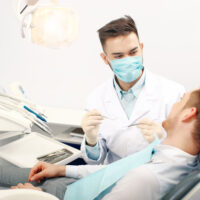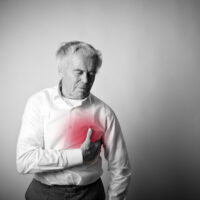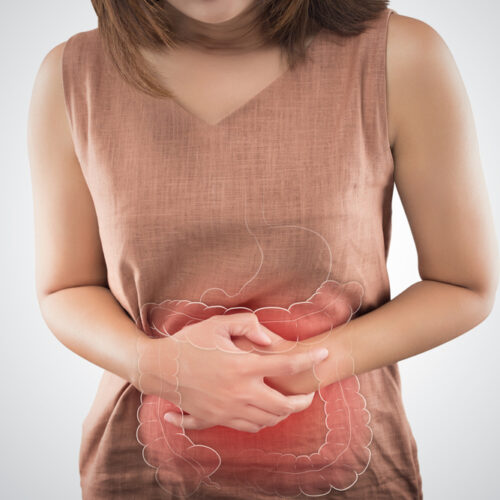What to expect from the process of aging and ways to tackle it
The word aging is scary to some and existential to others. Some fear the gray hair and wrinkles, while others cannot comprehend the idea of being unable to do what they could when they’re young.
But there’s no reason to be worried or afraid because aging is a part of life.

The only way to approach it is by knowing what to expect from it and how to deal with it.
What should you expect from aging?
Aging is associated with biological, psychological, physiological, and behavioral aspects that will slowly begin to change over time. Some of these changes are of little to no effect, while others cause increased susceptibility to diseases and disability. So, here are some changes that you should expect:
- The cardiovascular system
Aging causes stiffening of the cardiovascular muscles. Your heart then works harder to pump blood to the rest of the body and increases blood pressure and other such heart-related diseases and disorders. - Bones and muscles
As you age, your bones begin to shrink both in size and density, making them prone to fracture. Muscles tend to lose their flexibility, which then affects coordination and balance. - Digestive system
Your large intestine and the rest of the digestive tract undergoes a lot of age-related changes, which leads to constipation. - Urinary tract
Your bladder will lose its elasticity leading to frequent urination, incontinence, and more. - Brain
You will tend to forget day-to-day stuff and find it difficult to do multiple things at a time. - Eyes, ears, and teeth
Your eyes may not be able to focus on nearby objects, will have difficulty adapting to light, and the muscles will form cataracts. Your hearing will diminish with age, and your teeth might fall as your gums will pull back.
How do we tackle each of these problems?
- The cardiovascular system
To promote heart health, you can include some physical activity into your daily routine, eliminate smoking, eat a healthy diet, reduce stress by meditation and therapy, and ensure you get eight hours of sleep every day. - Bones and muscles
To promote bone health, ensure that you are getting an adequate amount of calcium in your diet. Another thing you can do is get vitamin D, so spend some time soaking in the sun. Also, try any physical activity and steer clear of substance abuse. - Digestive system
To promote a healthy digestive tract, there’s really only so much you can do! Eat healthy foods such as fruits and vegetables and avoid products such as dairy or sweets. Also, remember that physical activity helps prevent constipation. - Urinary tract
The number one rule to maintain bladder and urinary tract health is to have an adequate fluid intake and outtake. So, put your tract on a schedule. To avoid incontinence, try kegel exercises, they help strengthen the pelvic floor muscles. - Brain
To ensure that you have a good memory and thinking skills, implement a daily routine of brain activities – read, write, play a word game, puzzles, and so on. Also, ensure that you’re having a physical exercise routine and try to be socially active – this will help avoid stress and depression while keeping your mind healthy. - Eyes, ears, and teeth
Regular check-ups will help you stay on top of any issues regarding your eyes, ears, and teeth. Also, wear sunglasses when you’re outdoors, brush and floss every day, and don’t forget to use earplugs!
Disclaimer:
The content of the articles discussing symptoms, treatments, health conditions, and side effects is solely intended for informational purposes. It is imperative that readers do not interpret the information provided on the website as professional advice. Readers are requested to use their discretion and refrain from treating the suggestions or opinions provided by the writers and editors as medical advice. It is important to seek the help of licensed and expert healthcare professionals when necessary.











